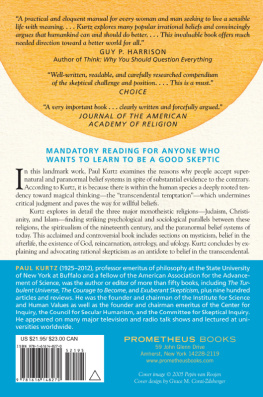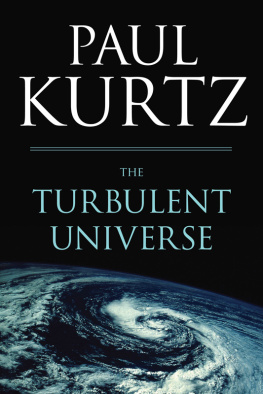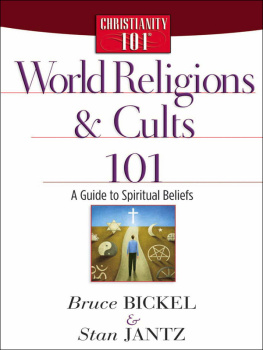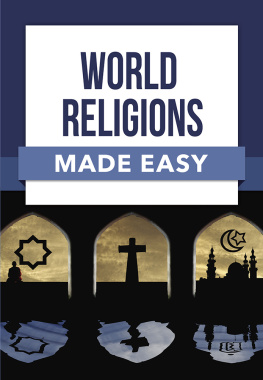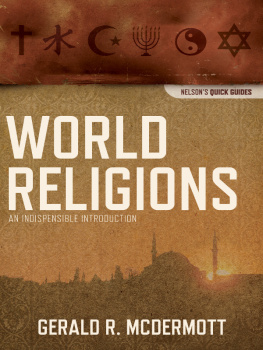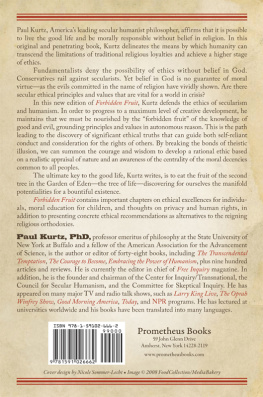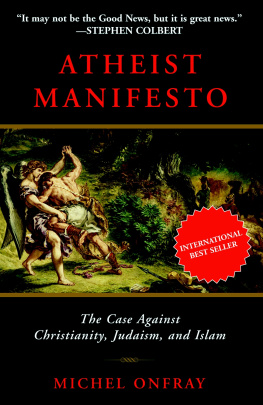
The value of life: Things left unsaid
All living beings undergo continuous processes of replenishment and renewal. Within each species is the constant striving to persist and to reproduce its own kind, in spite of the surrounding forces in the environment that tend to denude or destroy it. All forms of animal life seek food in order to survive and procreatethough most apparently are unaware of the tentativeness of their existence. In the end nature prevails and every single representative is vanquished: the leaf withers and the lilac dies; the sapling that grows into the magnificent elm eventually rots and decays; the young stallion is reduced to a decrepit horse.
And what of man? He is a creature of intelligence and imagination. He is by now well aware that his life is finite. He sees that the infant, the child, the young person, and the mature adult, all full of possibility and power at one time, eventually grow old and die. Pubescence, adolescence, senescence are all inevitable phases of life. Human beings thus have knowledge of their inexorable demise, and also of the tragic character implicit in the human condition. Life is full of danger: as soon as one is born, one is old enough to die. There is the sudden accident or the incurable disease that can overtake friend and foe alike. These bitter pills are difficult to swallow. Most people will not or cannot in the final summing up accept this ultimate death. Out of their anxieties about it grows the quest for transcendence and religious faith.
That life is or can be good and bountiful, full of significance and pregnant with enjoyment and adventure, is also apparent to those who have the courage to overcome the fear of death and achieve something in the world. Modern civilization, education, science, and technology have helped us to minimize disease and extend the years of a life of rich enjoyment and harvest, without worrying about our ultimate destiny or God's plans for us. Yet lurking in the background of the consciousness of every person is always the potential for despair, the ultimate dread of his own death. No one can escape it: we are all condemned to die at some time, no matter how we may strive to stave it off.
My father was struck down at fifty-nine of a heart attack, in the prime of life, but he told us at his bedside that he knew he was dying. He kissed my mother and said that his life in summation was happy. My grandfather, always ebullient, loquacious, beaming with life, on his deathbed at ninety-two clenched his fist and gritted his teeth and told us that he did not want to die. He refused to accept his approaching end. My grandmother, at eighty-three, gasped her last breath in her daughter's arms and was dead without warning before she knew what happened. Her youngest daughter died of a terrible cancer at the age of fifty. Regardless of how we feel about death, each of us too will someday reach, even after a life of fullness and exuberance, a point of no return.
Let us reflect on the human situation: all of our plans will fail in the long run, if not in the short. The homes we have built and lovingly furnished, the loves we have enjoyed, the careers we have dedicated ourselves to will all disappear in time. The monuments we have erected to memorialize our aspirations and achievements, if we are fortunate, may last a few hundred years, perhaps a millennium or two or threelike the stark and splendid ruins of Rome and Greece, Egypt and Judea, which have been recovered and treasured by later civilizations. But all the works of human beings disappear and are forgotten in short order. In the immediate future the beautiful clothing that we adorn ourselves with, eventually even our cherished children and grandchildren, and all of our possessions will be dissipated. Many of our poems and books, our paintings and statues will be forgotten, buried on some library shelf or in a museum, read or seen by some future scholars curious about the past, and eventually eaten by worms and molds, or perhaps consumed by fire. Even the things that we prize the most, human intelligence and love, democratic values, the quest for truth, will in time be replaced by unknown values and institutionsif the human species survives, and even that is uncertain. Were we to compile a pessimist's handbook, we could easily fill it to overflowing with notations of false hopes and lost dreams, a catalogue of human suffering and pain, of ignominious conflict, betrayal, and defeat throughout the ages.
I am by nature an optimist. Were I to take an inventory of the sum of goods in human life, they would far outweigh the banalities of evil. I would outdo the pessimist by cataloguing laughter and joy, devotion and sympathy, discovery and creativity, excellence and grandeur. The mark made upon the world by every person and by the race in general would be impressive. How wonderful it has all been. The pessimist points to Caligula, Attila, Cesare Borgia, Beria, or Himmler with horror and disgust; but I would counter with Aristotle, Pericles, da Vinci, Einstein, Beethoven, Mark Twain, Margaret Sanger, and Madame Curie. The pessimist points to duplicity and cruelty in the world; I am impressed by the sympathy, honesty, and kindness that are manifested. The pessimist reminds us of ignorance and stupidity; I, of the continued growth of human knowledge and understanding. The pessimist emphasizes the failures and defeats; I, the successes and victories in all their glory.
The question can be raised: How shall we evaluate a human life and its achievementsin the long or the short run? What is the measure of value, the scale of hope? From one's immediate world there may be boundless opportunities. Look at the things that one can do, if social conditions permit a measure of freedom and if one has developed the creative verve: one can marry, raise a family, follow an occupation or career, forge a road, cure a malady, innovate a method, form an association, discover a new truth, write a poem, construct a space vehicle. All are within one's ken and scope, and one can see a beginning, a middle, and an end. One can bring to fruition the things one may want, if not in one's lifetime, then in the lifetimes of those who follow and their children's children. France, the United States, the Soviet Union, India, and the New Zion are social entities that human beings have created. The pessimist groans that they have or will disappear in the end, in the long run, if not today or tomorrow, then ultimately. He complains about the ultimate injustice of our finitude. One may know that that is true and even come to accept it. But we are alive today, and we have our dreams and hopes, and the immediacies of experience and achievement can be enormously interesting, exciting, satisfying, and fulfilling.
Can we enjoy ourselves today and tomorrow without worrying about the distant future? No, says the pessimist. He is unable to live in this world; he is fixated and troubled by its ultimate disappearance. How can life have meaning if it will all end? he complains. Out of this grows a vain belief in immortality and ultimate survival.
Why not make the most out of this life, if that is all we have? I respond. Indeed, this life can be full of happiness and meaning. We can make a comprehensive list of all the goods and bads and of all the values and disvalues. For every evil that the pessimist presents, I can counter with a virtue, for every loss, a gain. It all depends on one's focus. A person's world may be full of the immediacy of living in the present, and that is what he may find rich and vital. The life-world involves one's yesteryears. This includes a human being's own small worldthe memories of one's parents, relatives, colleagues, friends. It also includes the history of one's society and cultureas memorialized in the great institutions and traditions that have remained. But more, one's life-world shares the recorded histories of past civilizations and the memories of great minds, artists, geniuses, and heroes, as bequeathed to us in their writings and works that remain. There is also the residue of things far past, which, uncovered by science, tell of the evolution of the human species, as the strata of earth and rock dug up reveal more of our history and that of other forms of life. It also encompasses the physical universe, extending back billions of years. The eye of the cosmos unfolds through countless light-years in the telescope of the astronomer: the formation of the rings and moons of Saturn and Uranus, the birth and death of countless suns and galaxies. And what does our present include? Everything here and now on the planet and in the immense cosmos investigated by science. But what does the future hold? One can contemplate his own future: tomorrow, next year, twenty years, or fifty. How far may we go? We can make plans, but we cannot foretell what will beif anythingone century hence. Of this one may be fairly certain: the universe will continue to existthough without me or my small influence affecting it very much.

